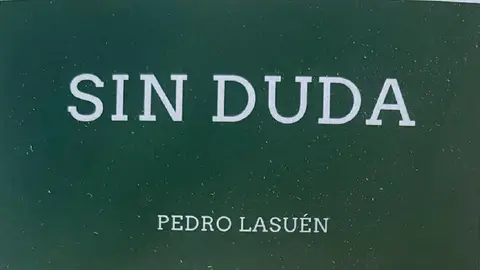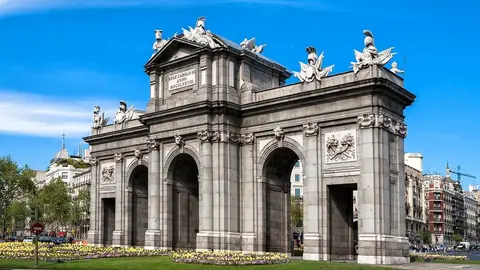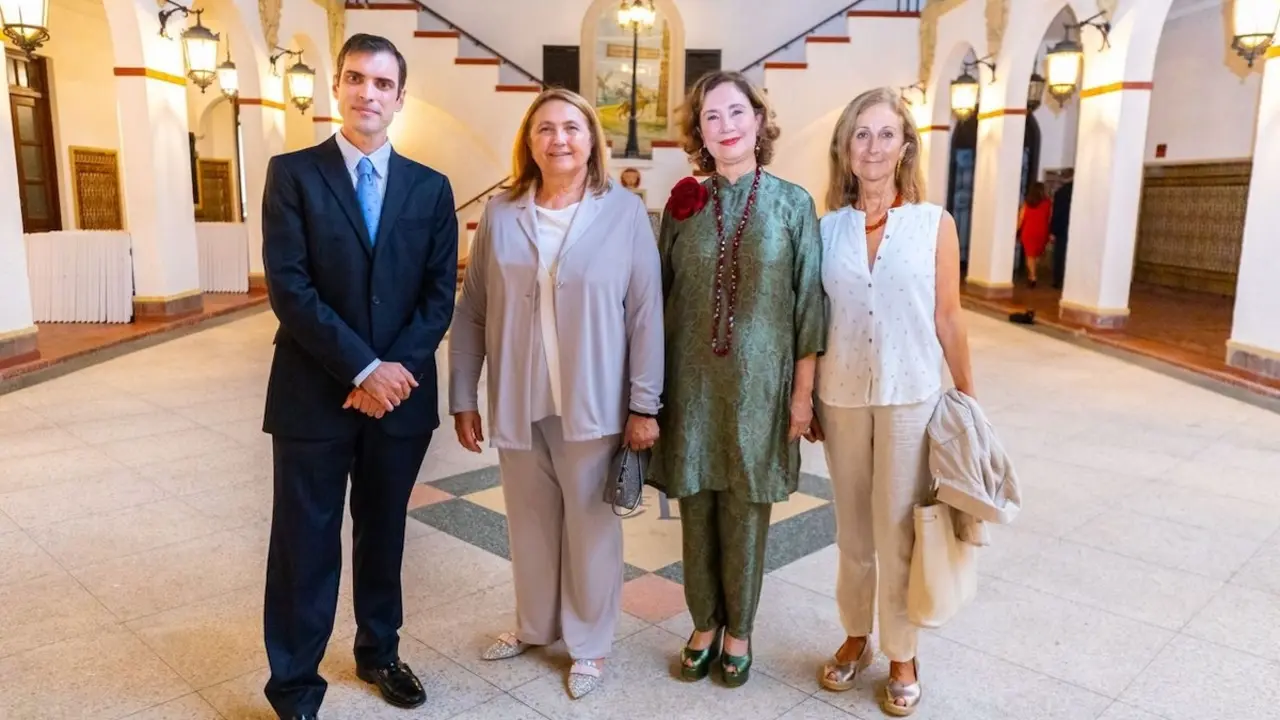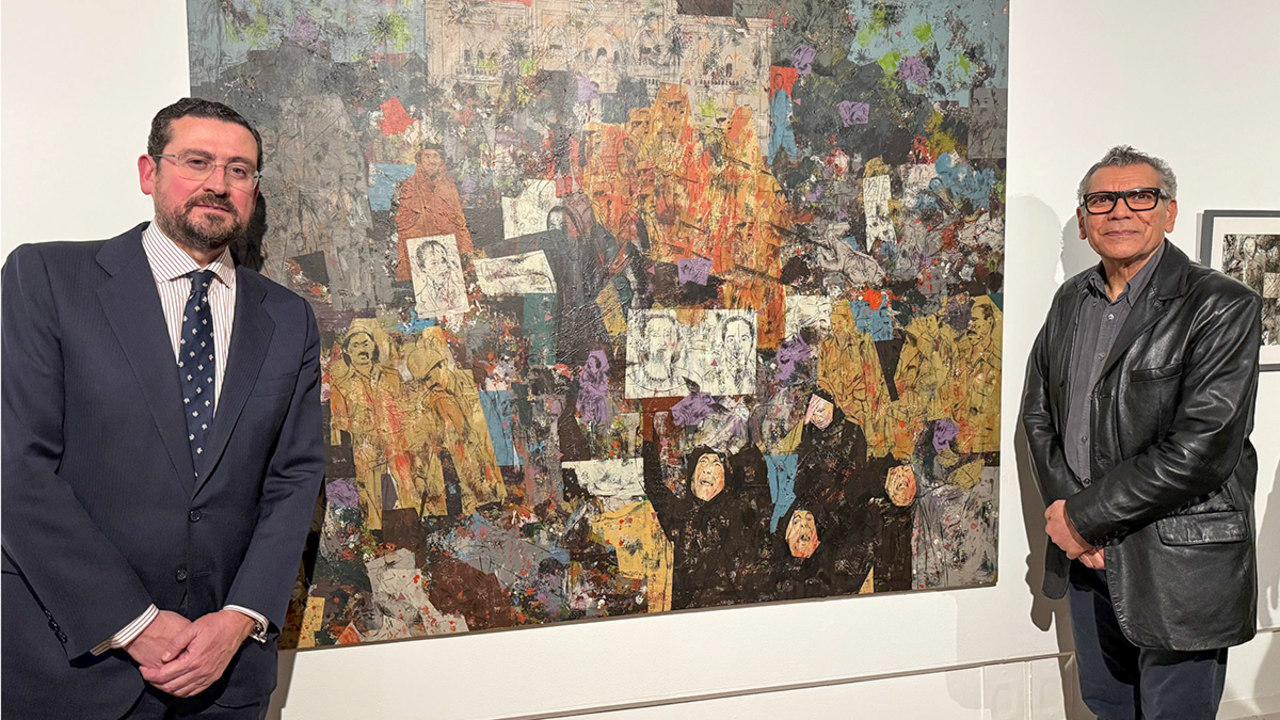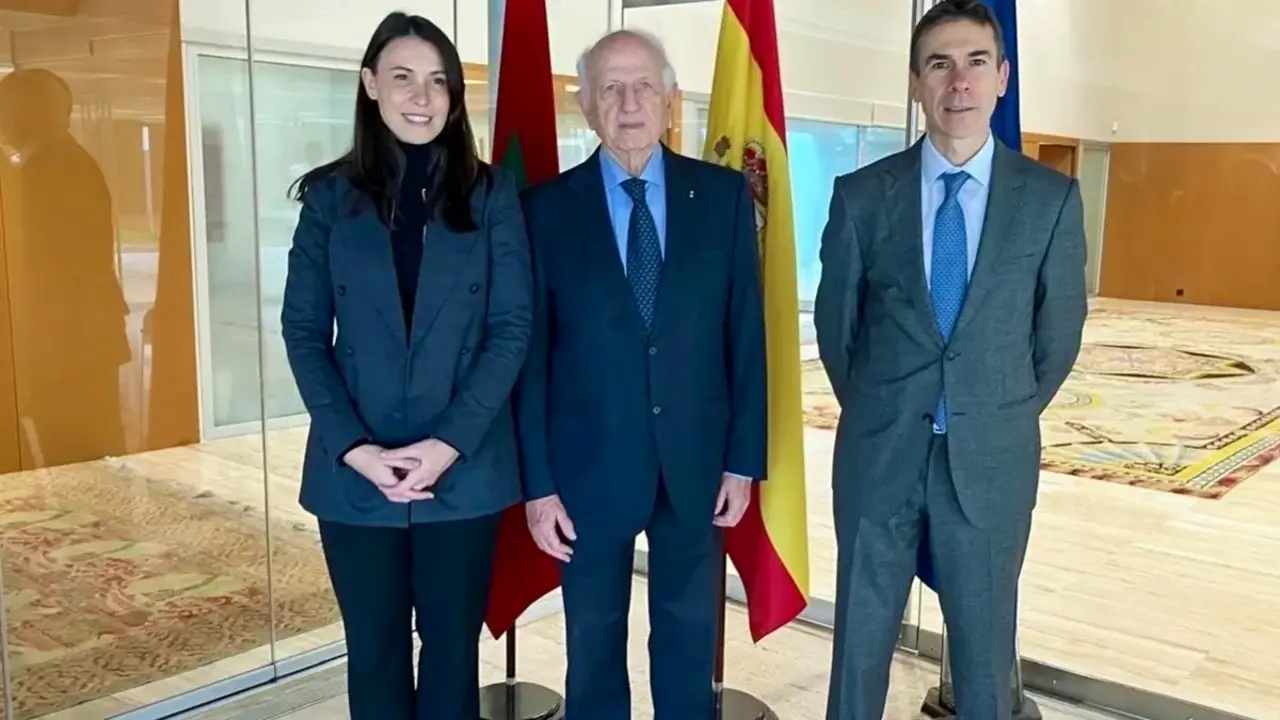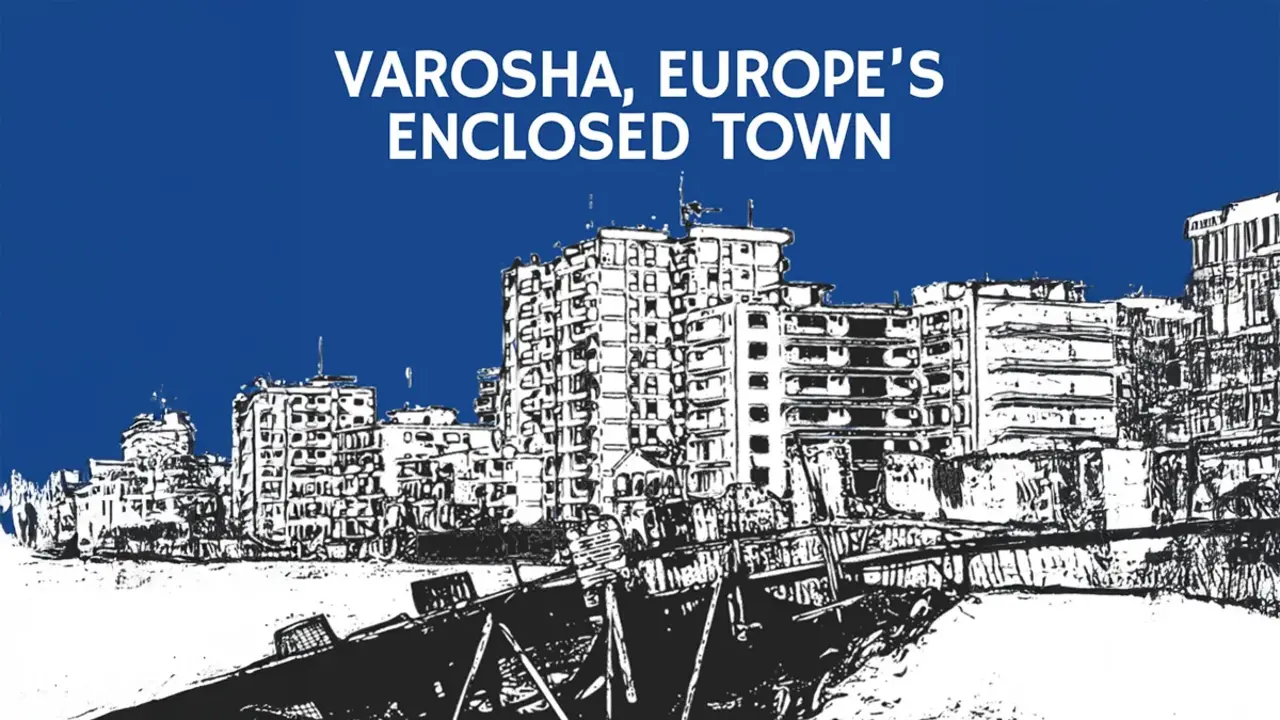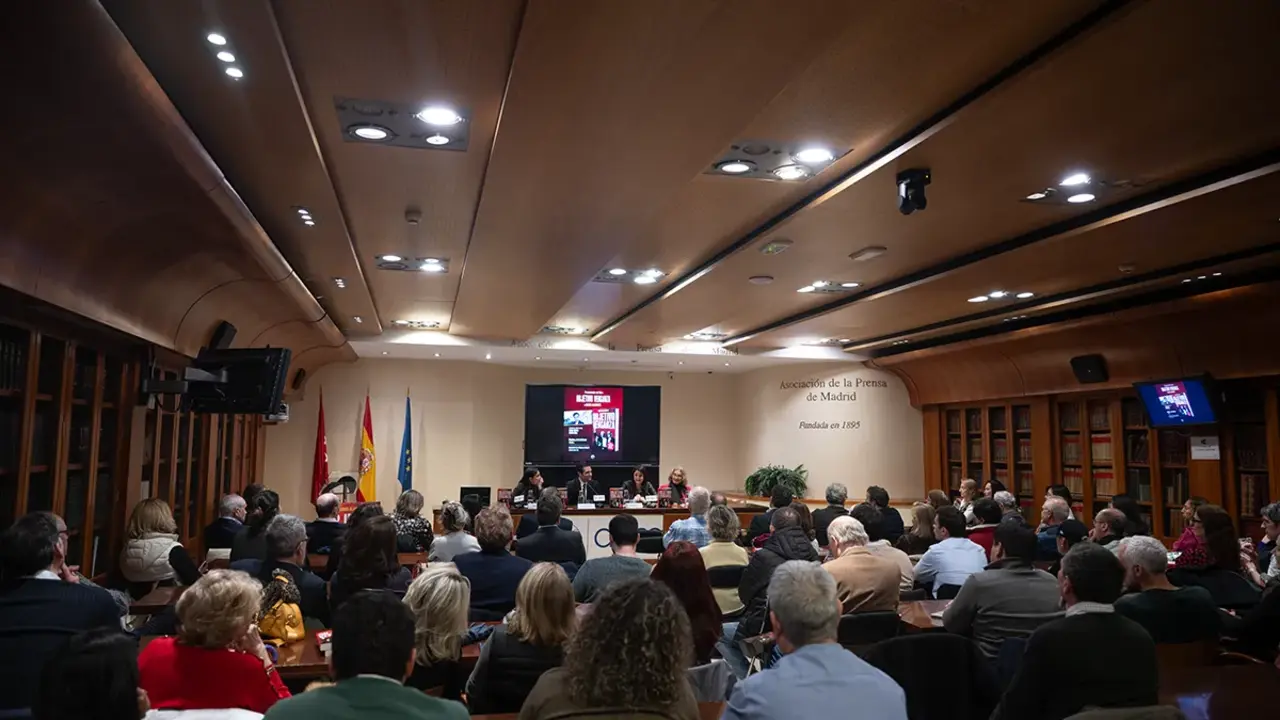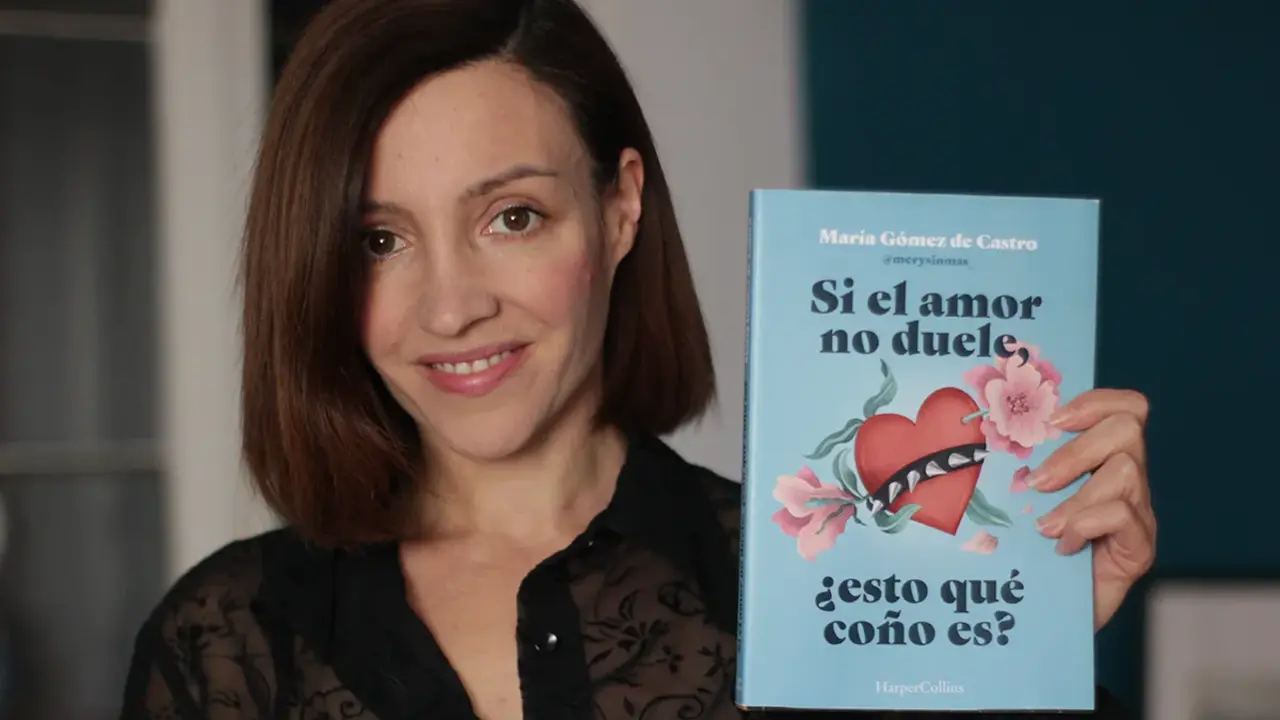Rediscovering Antonio Machado and Vicente Aleixandre
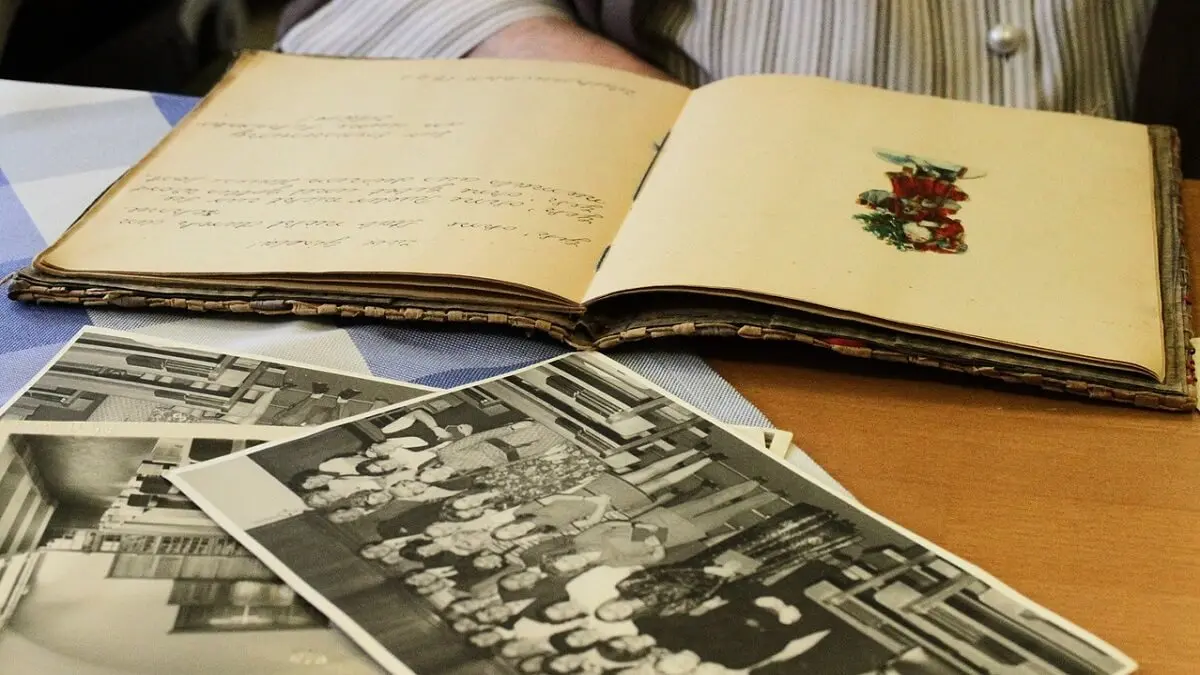
After Federico García Lorca, Antonio Machado, whose 150th birthday is now being celebrated, is probably the most universal contemporary Spanish poet.
Any date and time is a good time to discover and immerse yourself in poetry, the literary genre characterised by the expression of feelings, emotions and reflections through words, using language in an aesthetic and evocative way. This is how it is defined if we give in to the temptation of using AI.
This year, among many others, marks two particularly important milestones: the first is the 150th anniversary of the birth of the second of the eight children of Antonio Machado Álvarez and Ana Ruiz, who lived in one of the apartments rented in the Palacio de las Dueñas in Seville, owned by the Duke of Alba. The second is the definitive acquisition by the Community of Madrid of the house of the poet of love par excellence, the also Sevillian and until now penultimate Spanish Nobel Prize winner, Vicente Aleixandre.
Antonio Machado was the youngest representative of the Generation of '98, born in the wake of the definitive loss of the last possessions of the Spanish empire in America and Asia. Vicente Aleixandre, meanwhile, belonged to the Generation of '27. Both lived in exile: the former for a short time, as he died in the French town of Colliure in 1939, not far from the Spanish border, which he had just crossed. The second lived a long internal exile in his home at number 3 Velintonia Street in Madrid, without the post-war Franco regime allowing him not only to publish anything, but also to speak or have his name mentioned by journalists, writers or lecturers in any spoken or written medium.
A documentary presented to a large audience before the August holiday rush, The Poet of Love, splendidly directed by Rafael Alcázar, recalls the life story of the 1977 Nobel Prize winner for Literature, an award he was unable to collect in person due to his delicate state of health, through the superimposition of numerous testimonies from his friends and disciples. He delegated the honour to his friend and supporter, the Canarian poet Justo Jorge Padrón, who lives in Sweden.
Two generations, that of '98 and that of '27, among which the less famous generation of '14 (Ortega y Gasset, Marañón, Azaña) slipped in, brought together an enormous amount of talent, whose works inspired their contemporaries and many of the country's subsequent generations.
As for Machado, it is particularly striking that, of the huge influx of foreign tourists who are practically doubling the Spanish population throughout 2025, the most intellectually curious are keen to explore and search for his traces in Seville, Madrid, Soria and Segovia, places where the professor and teacher of French lived and imparted his knowledge.
The commemoration of his anniversary is serving, among other things, to refute the alleged estrangement between Antonio, a poet and writer sent by the authorities of the Second Spanish Republic to international writers' conferences, and his brother Manuel, also a poet of undisputed literary quality, whose fame was overshadowed by his decision to remain and work in post-war Spain and his praise by the Franco regime itself. The two brothers were in fact inseparable personalities, not only because of their affection and family ties, but also because of their similar taste for the bohemian life of Madrid, which they infused with the impetus they both brought from their time together in Paris, where they lived through the turn of the 19th century and frequented other literary luminaries such as Oscar Wilde and Rubén Darío. The Nicaraguan's modernist poetry had such an impact on the Machado brothers and Aleixandre that the latter only began to write poetry – sublimely – after being entranced by the resounding rhythm of the Central American writer and diplomat.
While all those mentioned above had their own distinct personalities, the common denominator among all these great Spanish intellectuals was their nostalgia, their melancholy and their desire to convince their compatriots that the Spain they loved with all their hearts, whether they lived there or far away, deserved the best possible future.


